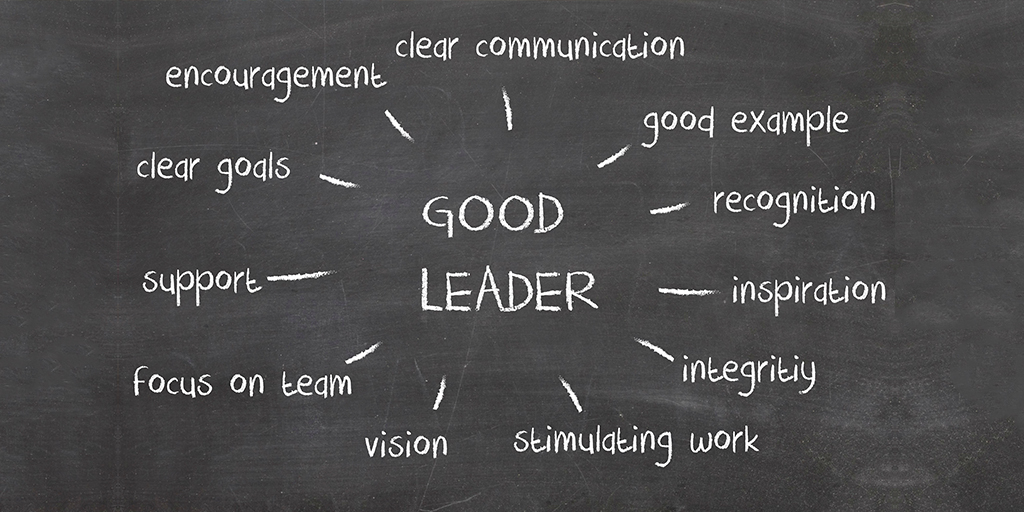
7 Tips for Effective Leadership
A practical, influential, and inspirational leader is an essential need for running a successful business or organization.
There is much more to leadership than a high-ranking position and being in charge. In practice, effective leadership is a combination of personal values and practical skills used together to create an atmosphere in which people feel valued and motivated to work towards the attainment of set goals.
Being an effective leader does not only mean being a leader of people but also being a leader of you. Being an effective leader cannot be taught in a classroom but can only be learned with the right practices.
7 Qualities of An Effective Leader -
1. Effective Communication
The first and one of the most essential virtues of a good leader is being a good listener. Listening to and understanding the issues of your team gives them more confidence in you.
Employees usually look up to their seniors for direction, and it becomes an obligation to set an example for others to follow.
Many businesses are now using the group hug technique to increase work efficiency and attain the best out of a project.
Communication is a two-way process, and both parties involved in the conversation must be heard. Listening to your employees gives you more perspective of their thought process and creates an environment free of internal issues. However, it is easier said than done and that is why project managers might need to take additional training to improve their skills.
Tools like a report maker have proved to be exceedingly helpful in organizations communicating effectively and putting forward their reports and views professionally and creatively.
2. Be Goal-Oriented
A business faces several problems from time to time. A good leader always focuses their attention on the solution instead of the problem. Prioritizing is a leader’s weapon, and they divert their energy for solving problems and doing urgent things first.
A flourishing business is deemed to have a thoughtful and goal-oriented leader working behind it. Project management tools are used by smart leaders to tackle the hindrances they face so they can concentrate on the end goal they have set out to achieve.
A good leader would instead plan and strategize to achieve the objectives of the organization rather than worrying and complaining about issues.
3. Being Humble Goes a Long Way
There is a vast difference between a leader and a boss.
Who is a leader?
A leader is someone who leads, inspires, motivates, and guides their followers in different matters. A boss acts as an in-charge of the business and the workplace.
There are significant differences in the way a leader and a boss perceive things. While a leader will always share credit and the spotlight for the achievements of the organization, a boss would rather bask in the glory all by himself.
Humility makes a leader more trustworthy and credible. Employees trust a humble leader and appreciate them more.
Guide:
Effective Ways to Deliver Corporate Training Content
4. Do What Needs To Be Done
“Practice what you preach” is a phrase probably everyone has heard at least once. It is rare to find someone that practices that phrase. A good leader is someone who guides and does things in a way he would want others to do as well.
Being a model of things you would want to see in your team is the true picture of a leader. While your team looks up to you, setting an example for others is a good role model.
If you expect your team to work hard, then you should work hard too. You set a benchmark of what you need by doing the same. You earn respect and loyalty, and before you know, your team will be following your example.
One of the best ways a leader establishes a good relationship with their team is by building a culture of open communication and connection.
5. Be Consistent
Greatness can only be achieved by the continued accumulation of consistent actions and behaviour one upon another. A good leader seeks consistency of excellence from his team but at the same time acts as an example and does not apply forced pressure for the achievement of those results.
Maintaining consistency can be a tough task to keep up with, and many businesses use a style guide in order to maintain their brand’s visual and virtual consistency.
Performing with great passion and excellence is the guide to how leaders make great teams.
6. Know Your Limits, Strengths, and Weaknesses
Many people assume that because they are in a leadership position, they are expected to know everything. This could not be any further from the truth. It is necessary to know when something is out of your expertise and to set limits and stick to them. It is better to set boundaries and avoid confusion and frustration.
It is of no surprise that your strengths put you in a leadership position, and a good leader must always play by these strengths to move his team and himself forward for the achievement of the set goals.
Irrespective of how good they might be, nobody is free of weaknesses. Identify your weaknesses and work on improving them. A good strategy is to surround yourself with people whose strengths are your weaknesses.
7. Be Versatile
Strategies sometimes do not work, no matter how hard you try. Do not be strict in such situations. A good leader knows when they should pivot and try something different.
It can hurt both you and your team if you stick to plans and methods that do not work. A good leader understands that sometimes different things from the initial plans have to be tried in order to produce the desired results.
Constantly trying to learn new things is another sign of versatility. Reading helps in expanding the sphere of the mind and helps you improve your performance and leadership skills.
Conclusion:
A leader comprises of so many qualities that are needed to be successful. It doesn’t matter where you are in your career; it is never too early or too late to learn how to be an effective and ethical leader.
Understanding the value of healthy relationships is a characteristic of a strong leader. Motivate and inspire others for their achievements and contributions. A successful leader seeks to carry their team and even be carried by the team sometimes.
The best way to becoming a great leader is to disregard it as your personal goals and focus on the journey of learning that life is.
Contact our expert team now and get started!
To know more, please write to us at contact@kitaboo.com
Suggested Reads:
Discover how a mobile-first training platform can help your organization.
KITABOO is a cloud-based platform to create, deliver & track mobile-first interactive training content.



